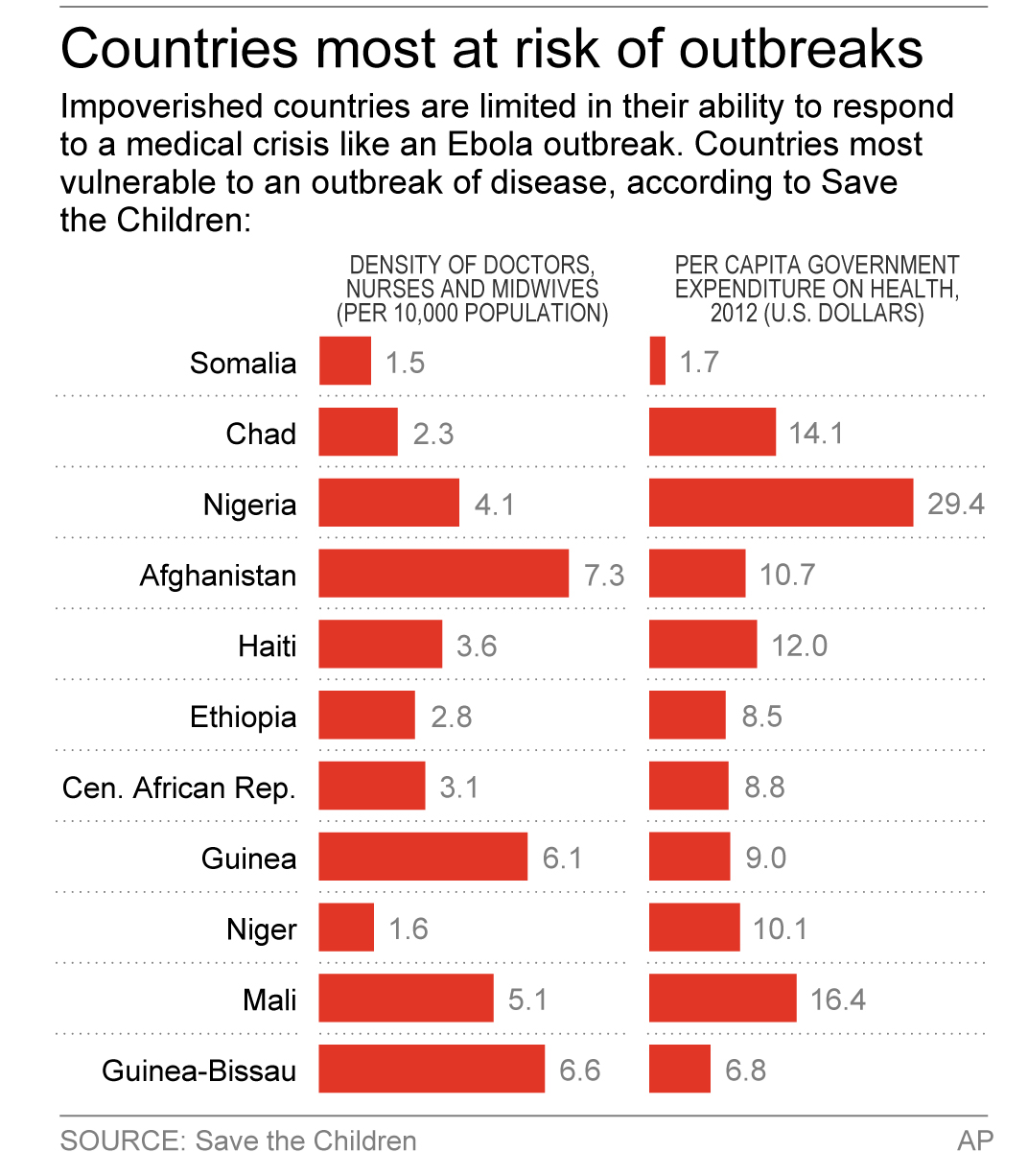The government’s top official on infectious diseases is joining criticisms of how the World Health Organization handled the Ebola crisis last fall.
“It didn’t work very well under the circumstances,” said Anthony Fauci, director of the National Institute of Allergy and Infectious Diseases, at a health forum sponsored Wednesday by The Atlantic.
As three West African countries struggled with an unprecedented Ebola outbreak that killed nearly 10,000 people, the WHO fell miserably short in its efforts to coordinate an international response, prompting widespread criticism.
Last week, the agency appointed an independent panel to investigate why its response to the outbreak generally failed and its director, Margaret Chan, has called for reorganization and more funding.
Fauci said Wednesday there’s a “reluctance” to criticize the WHO, saying it’s underfunded and decentralized. But he noted that Chan herself has recognized the shortcomings and said the agency needs reform.
“We need to somehow do better not only on the surveillance but on having a coordinated response,” he said.
Ebola cases are now on the decline. There have been no new cases in Liberia for several weeks and the number of new cases in Sierra Leone and Guinea are growing more slowly.
Fauci also discussed why the outbreak was so severe in those countries, saying their physician shortages combined with several other factors created the “perfect storm” for the highly-fatal disease to spread quickly.
“There are probably more physicians on K Street than in all of West Africa,” Fauci said.

